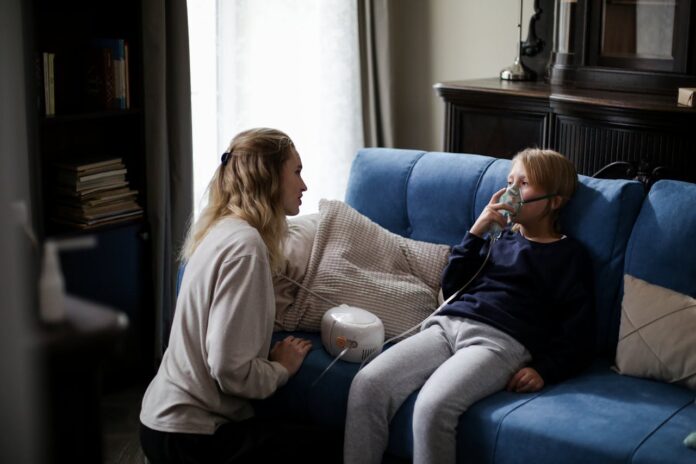
People struggling with chronic illness can find life a struggle and need extra help and support both practical and emotional. Long-term illness takes a physical toll on the body and mind and of course, this also applies to caregivers struggling to manage a loved one with a chronic health condition.
Chronic conditions are numerous but many involve symptoms such as extreme fatigue, memory problems, sleeping and breathing difficulties, depression and anxiety. As a family caregiver, caring for someone with such a condition involves managing their day-to-day needs, their medication and healthcare requirements and their emotional needs. The balance to strike to ensure their comfort and quality of life while at the same time trying to keep your own life on an even keel can be challenging.
Managing their symptoms
Understanding how to manage the symptoms and treatment options of their illness is the key to providing care which doesn’t lead to burnout for yourself. One of the ways you can do this is by establishing and maintaining contact with a trusted healthcare professional such a GP or health visitor. Counselling to help them cope with depression and anxiety can help you too by easing your feelings of anxiety.
Consider professional care
If a family carer starts to feel that caring for their loved one who is battling a chronic health condition is becoming too much and is beginning to affect their own health there are a couple of options to consider. One of these is care at home where a professional carer is matched with the elderly person and visits on a regular basis to care for them in their own home.
Another option is live-in care on a temporary or permanent basis where are carer can be on hand 24/7. Another option could be respite care which gives the usual caregiver a break from caring while the person needing care is looked after. This can be a vital lifeline for a stressed-out caregiver and an essential opportunity for them to take a break and avoid becoming run down.
Respite care – whether at a day care centre or in your own home by a trained carer – can be provided by your local authority following an assessment by local social services. The first step if you consider this option is to contact your local council.
NHS services such as community nursing, specialist elderly support groups or support groups for specific health conditions are also available. For this type of help the first port of call should be your GP who could also advise you on how to access mental health support for yourself and/or for the person you are caring for.
Lean on family and friends
In order to properly care for someone who may have a challenging chronic illness a carer needs to care for themselves and realise that one person cannot do everything by themselves without suffering consequences to their own health.
Looking after a loved one with a chronic illness needn’t be challenging if you have the right help and support around you. Reach out to someone who can offer a listening ear and provide practical help and encouragement when you need it, and above all, don’t be afraid to talk about how challenging this can be.
Help keep news FREE for our readers
Supporting your local community newspaper/online news outlet is crucial now more than ever. If you believe in independent journalism, then consider making a valuable contribution by making a one-time or monthly donation. We operate in rural areas where providing unbiased news can be challenging. Read More About Supporting The West Wales Chronicle
























